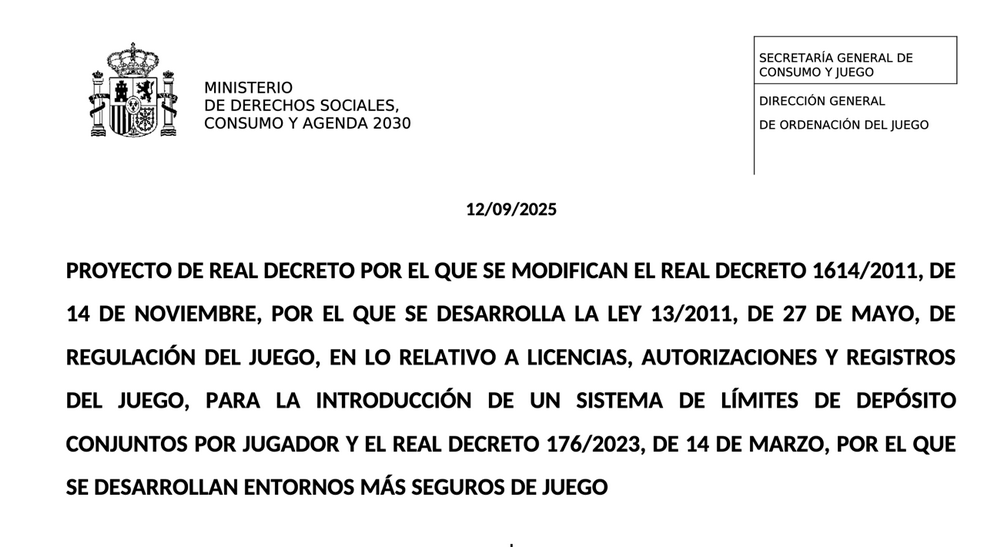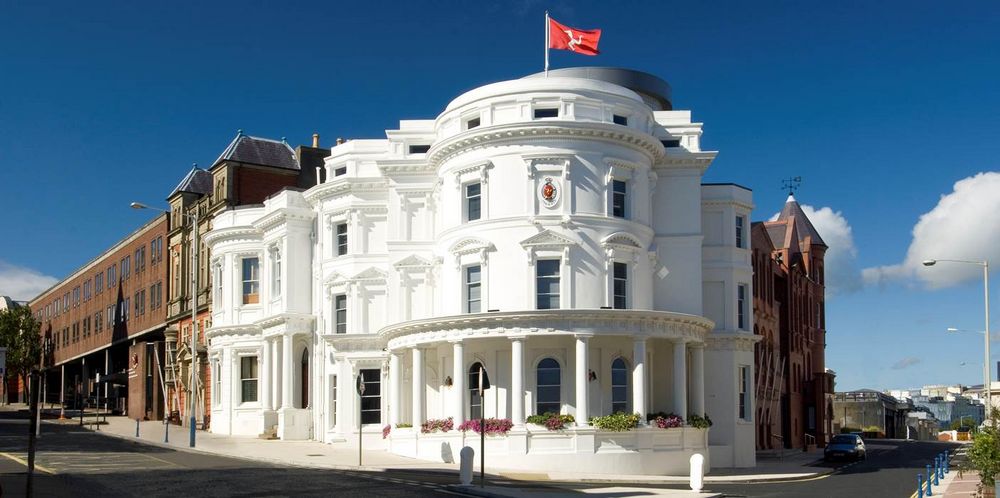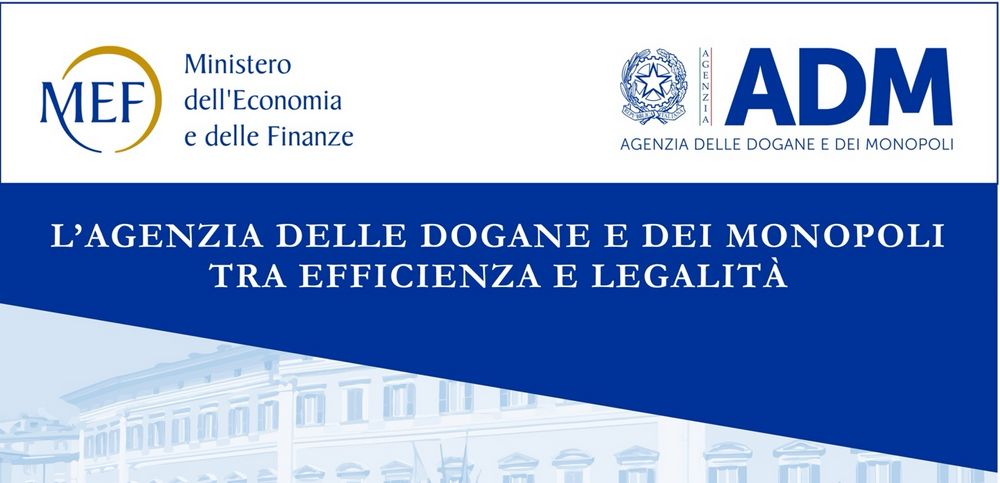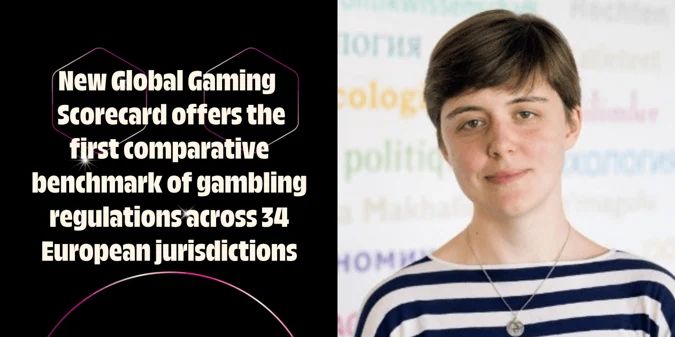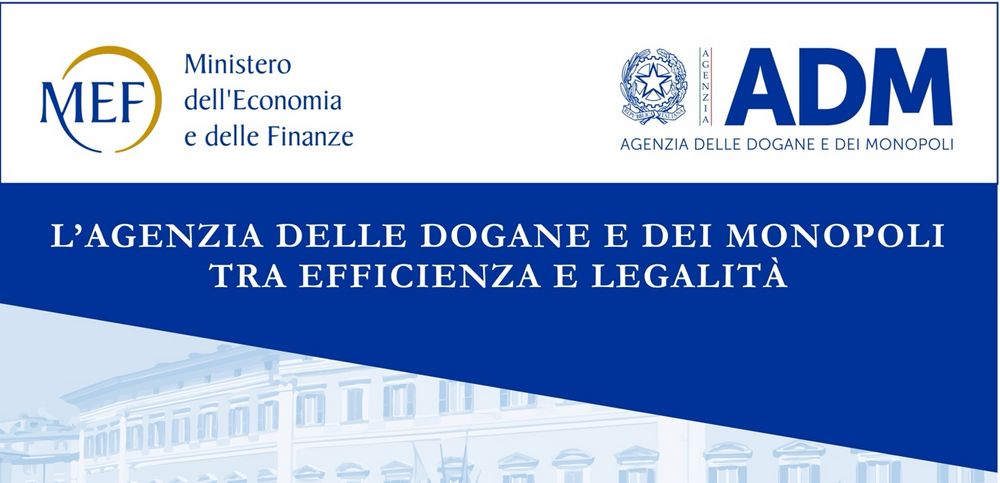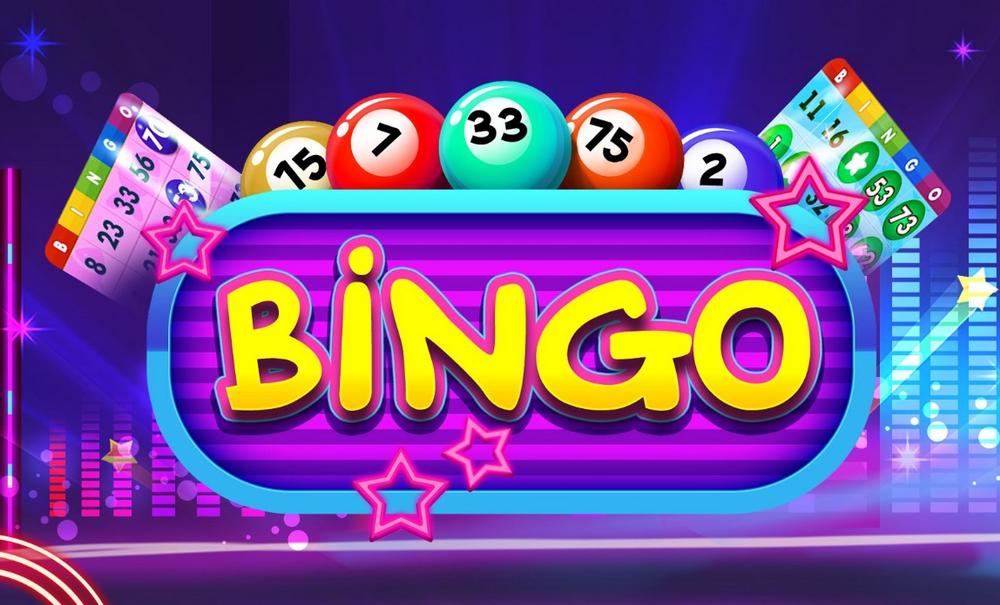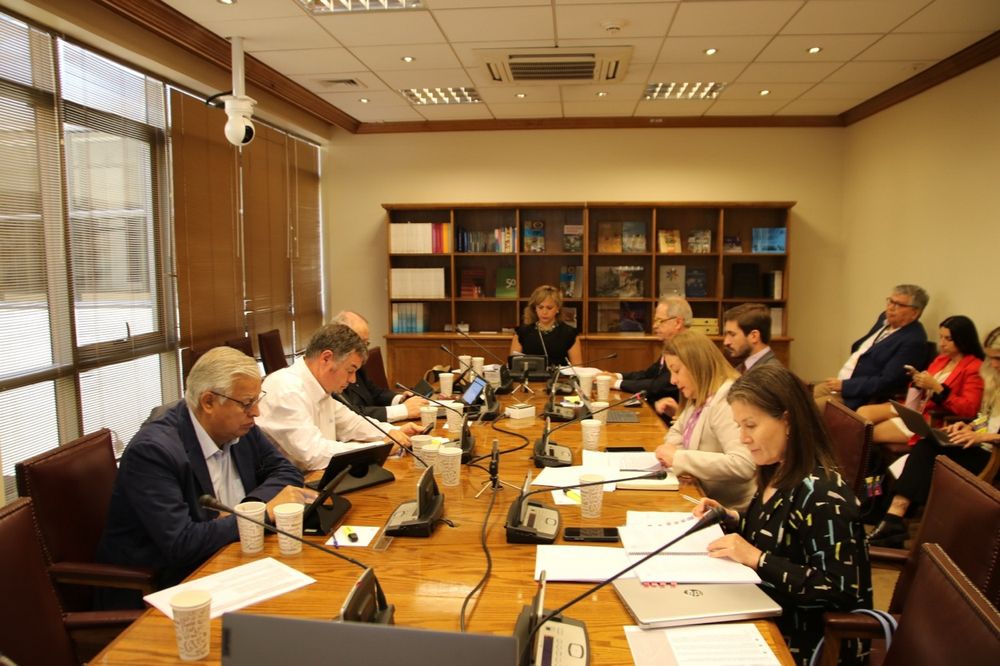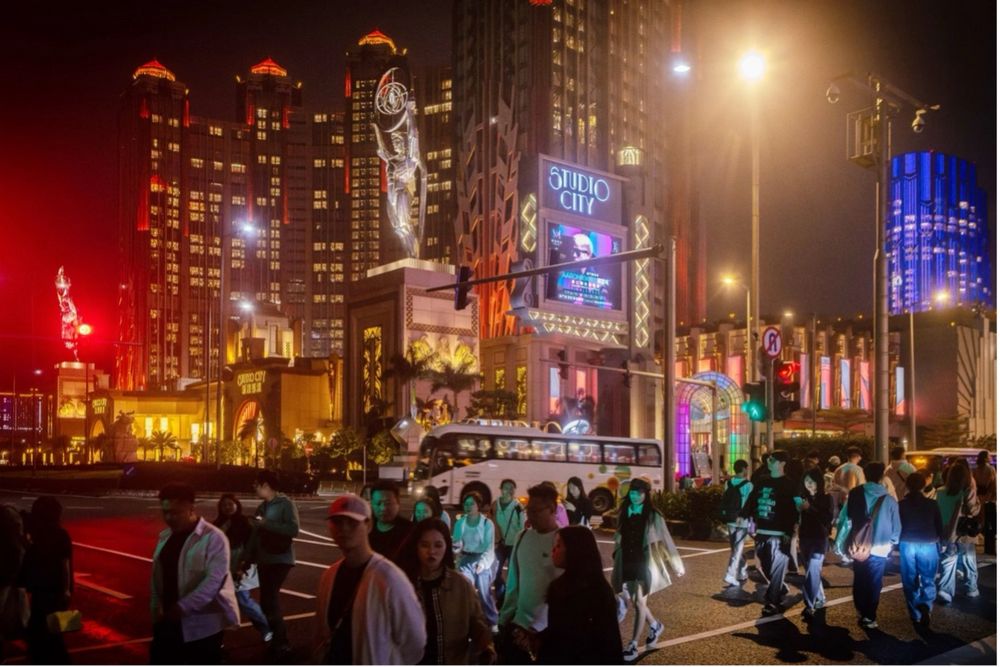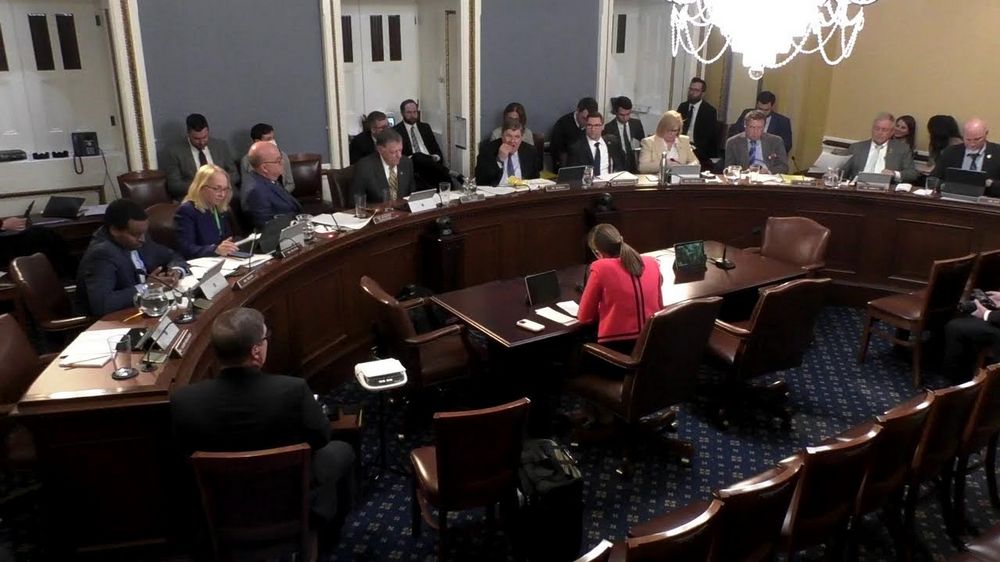London, August 21, 2025 – Britain’s beloved game of bingo is in the middle of a cultural makeover. Fresh figures show that while 38.5% of Brits still play in-person, a striking 36.5% now stick exclusively to online bingo, leaving traditional halls to fight over the remaining quarter who dabble in both.
Once the beating heart of working-class nights out, bingo halls are now battling dwindling footfall as punters swap neon dabbers for smartphone screens. The pandemic accelerated the shift, but experts say convenience, flashy mobile apps, and the rise of “social bingo rooms” online have cemented the trend.

With the UK’s entertainment sector booming as a whole right now, it’s not alarming to see that we are seeing a sharp rise in bingo’s popularity. The media sector in England is set to surpass £100 billion in revenue this year and could well reach £120 billion by the year 2028. This is all very positive news and goes to show that even with entertainment preferences leaning into more digital formats, traditional entertainment is following suit and thriving as a result.
The UK bingo boom online has sparked a wave of innovation. Operators are rolling out themed rooms, live hosts streamed straight from studios, and tie-ins with TV shows to keep younger crowds engaged. Meanwhile, older players – once considered the lifeblood of the halls – are proving surprisingly adaptable, with many preferring the ease of logging on from home.
Still, not everyone is cheering. Community campaigners warn that shuttered halls mean the loss of vital social spaces, particularly for pensioners who relied on bingo nights for company and routine. Regulators, too, are keeping an eye on the shift, stressing the need for responsible gambling tools as the industry leans harder into digital.

What’s clear is that bingo in Britain is no longer just about dusty halls and fish-and-chip suppers. It’s about apps, avatars and all-night jackpots – and the house isn’t calling “time” anytime soon.













